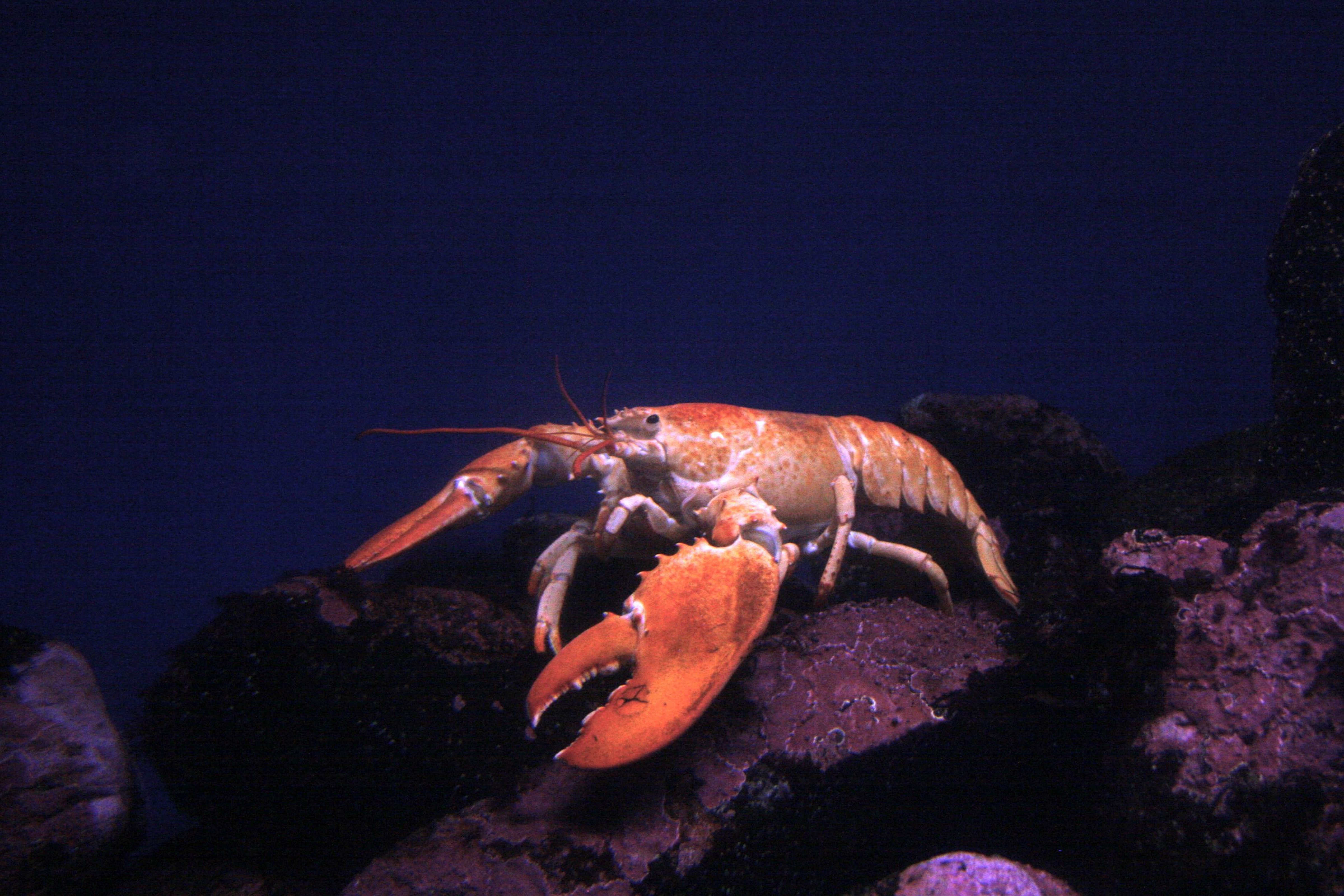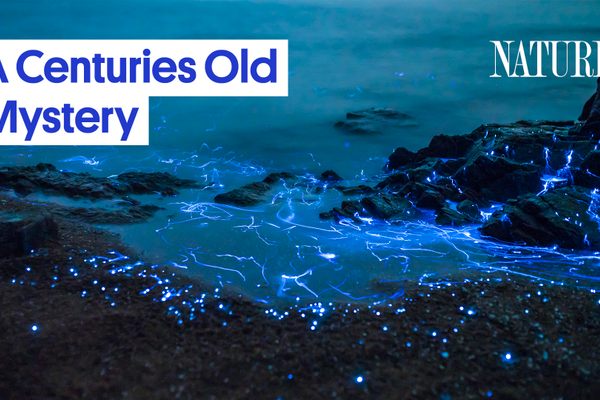A Rare Yellow Lobster Joins a Boston Aquarium’s Lobster Rainbow
Many genetic mutations, together in one place.
The vast majority of the lobsters pulled up from the bottom of the Atlantic Ocean are a greenish brown; they turn red when they’re cooked. But every now and then, a lobster comes up wearing a shocking shade of blue. About one in every two million lobsters carries the mutation that causes this shade, but blue isn’t the only special colorway for the crustaceans. As a lobsterman from Massachusetts recently discovered, they come in yellow, too.
A rare yellow lobster caught last month has moved into the New England Aquarium. https://t.co/DySq8txSIP pic.twitter.com/LWvXjZ6jse
— The Boston Globe (@BostonGlobe) September 1, 2017
The bright yellow lobster was donated to the New England Aquarium in Boston, where it will join other unusually colored lobsters in tanks and touch pools. One in every 30 million lobsters is yellow, so this one was a lucky catch. The aquarium is also home to an orange lobster (one in 30 million), a calico lobster (one in 30 million), and a lobster that is half normal, half orange (divided right down the middle—one in 50 to 100 million). Bright red lobsters, like the ones in cartoons, have also been found, a one in 30 million occurrence as well. Just like the usual brown lobsters, all these colorful specimens would turn bright red if cooked.

Just as flamingos turn pink because of their diet, lobsters turn red when heated because they eat mollusks and other seafloor creatures that contain a carotenoid molecule known as astaxanthin. Some astaxanthin ends up in their shells, where it binds to different proteins to form different pigments. Genetic mutations that limit certain proteins that bind with astaxanthin produce lobsters with different coloration. Cooking a lobster releases the carotenoid from its molecular binding, letting its true red color show through. The only exception would be ghostly white albino lobsters, which have no pigment at all.



















Follow us on Twitter to get the latest on the world's hidden wonders.
Like us on Facebook to get the latest on the world's hidden wonders.
Follow us on Twitter Like us on Facebook